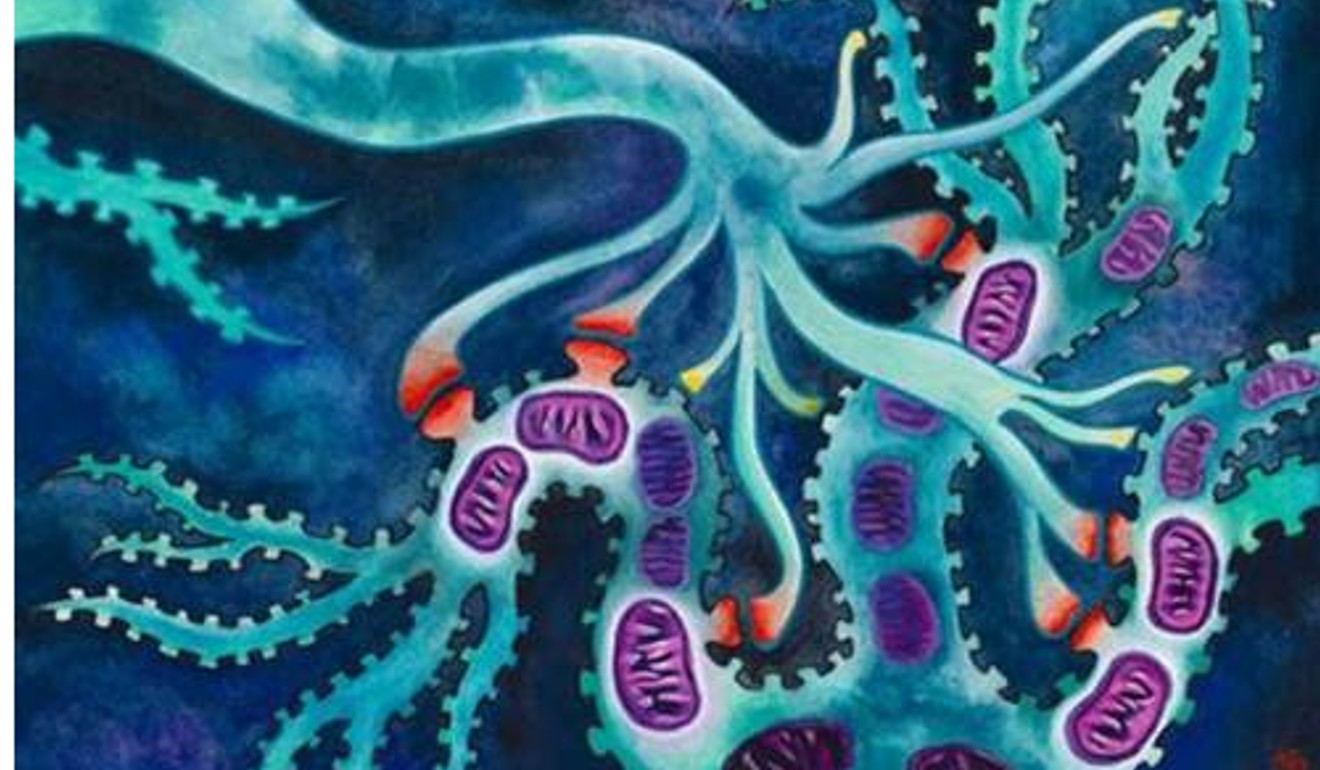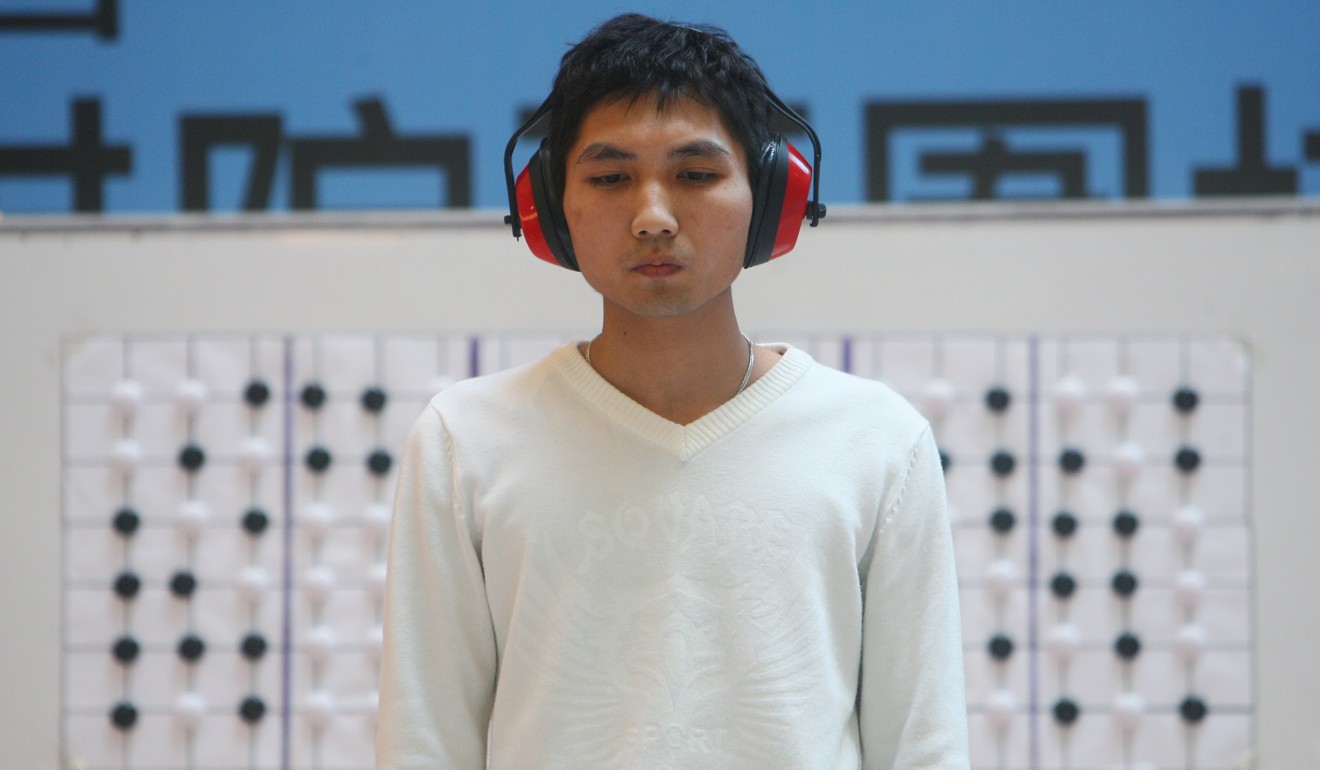
Want to leave a memory that lasts a lifetime? You have less than 30 minutes, Chinese scientists say
Peking University researchers determine the narrow window of time in which long-term memories are created

How long does it take to form a memory that will last a lifetime? No more than half an hour, according to a new study by Chinese scientists.
The researchers found that long-term memory formation can be stimulated by the “flash” of a chemical and electrical outburst in neurons, but the process only occurs within a window of a few seconds to 30 minutes.
Miss it? Forget it.
The discovery may lead to the future development of new memory enhancing drugs or treatments, according to the researchers.

In their paper published last week in the journal Nature Communications, Peking University professor Cheng Heping and collaborators reported the first-ever observation of a phenomenon in animal brain cells that could shed light on why some memories stick with us for years or even decades.
The formation and preservation of memory requires neurons to undergo a certain physical transformation, such as changing their shape with a re-arranging of the cell skeleton. Different neuron changes give memories different expiration dates. After decades of research, scientists had confirmed that a certain structural transformation of neurons could lead to long-lasting memory, but what caused the change remained largely unknown.
Cheng’s team found that a peanut-shaped cell powerhouse in neurons, called a mitochondrion, could release energy in rats in the form of a chemical and electrical outburst. The energy release happened as the neuron was undergoing a transformation to form long-term memory. In humans, each neuron employed hundreds of mitochondria to generate energy for cognitive activities. The sporadic event, dubbed a “mitoflash” because of its explosive-flash appearance when viewed under a specially designed microscope, might help forge long-term memory, according to the researchers.

To verify their finding, the scientists used an antibiotic and a laser to stimulate more mitochondrion flashes. They observed more structural transformation of neurons to produce long-term memory in a rat’s brain cells. But the stimulation only worked for half an hour. Repeating the same stimulus beyond the limited period produced no positive results.
“I believe this finding will apply to other animals, including humans,” Cheng said.
“The human brain may work like a big metropolis /with neon lights here and there going on and off. If we can find the light switch, we may be able to keep or get rid of memories at will,” he added.
The memory “switch” could be a drug targeting the mitochondria in neurons to moderate the flashes’ frequency and intensity. But it could take years or even decades for the technology to get out of the laboratory, Cheng said.

The limited time window suggested that the brain might try to forget more things than it remembers.
“I think this is a good thing because if we remember everything we may go crazy,” Cheng said.
Professor Wang Zhongfeng, principal investigator with the Institute of Brain Science at Shanghai’s Fudan University, said mitochondria could have an important function in the formation of memory because they provide energy to neurons.
But the implications of Cheng’s findings might be limited by the human brain’s being a large, sophisticated network that can handle memory with the participation of many cells, Wang suggested.
“The phenomenon of the mitoflash might explain what happens at an individual cell level, but it does not give the full picture on memory formation,” said Wang, who was not involved in the research.
Some existing drugs already are believed to enhance cognitive activity, including memory improvement. However, they were mostly developed to cure brain-related illnesses such as Alzheimer’s disease, and have many side effects.
“It may be too early to talk about memory enhancement drugs, as we still know very little about how the brain works,” Wang said.